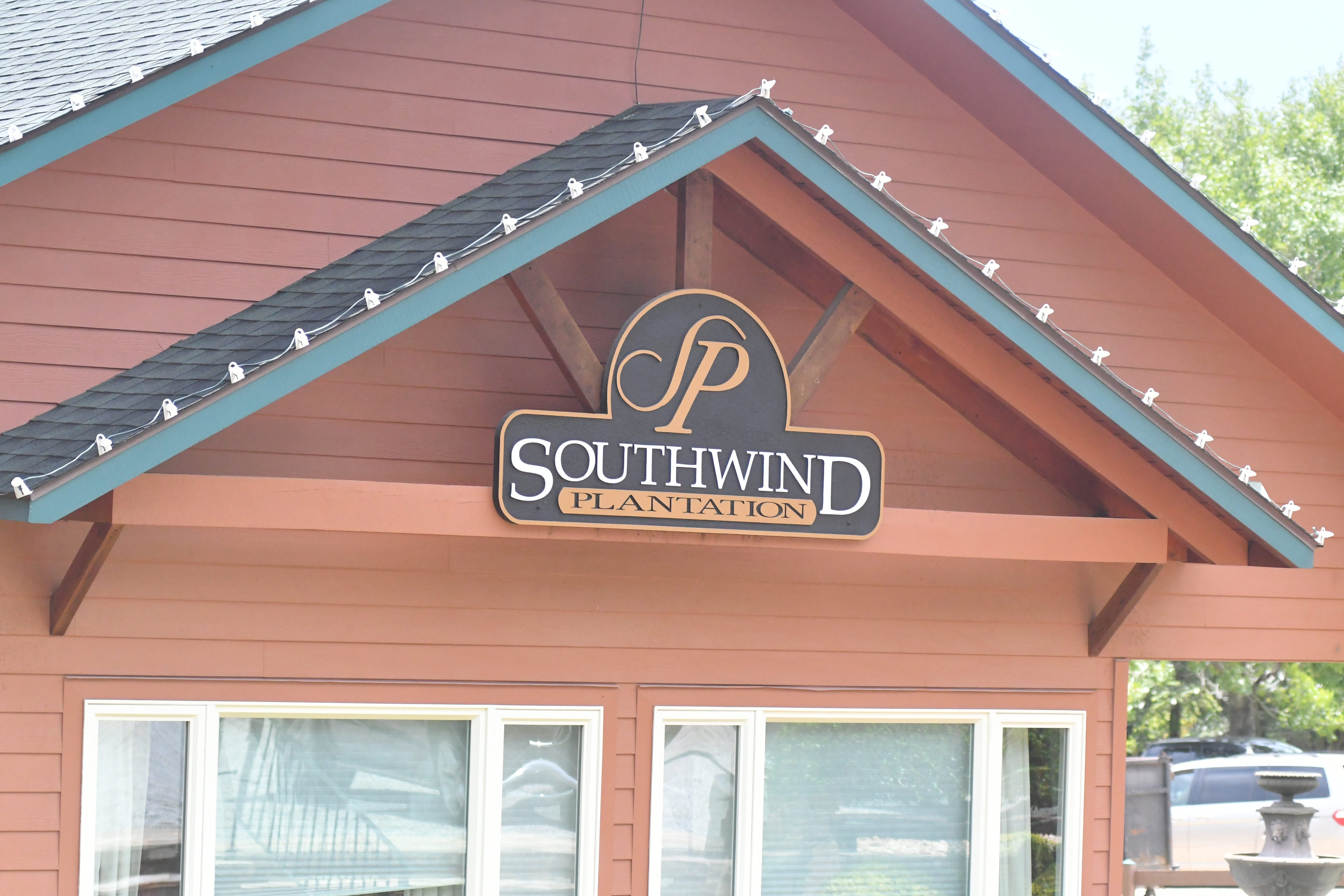Everything I need to know (I learned on the farm)
Published 5:38 pm Tuesday, May 31, 2011
Robert Fulghum was published in 1988 in a book of essays. The name of the book was “All I Really Need to Know I Learned in Kindergarten.”
By 2003, it had sold 7 million copies and he revised the book into a new, improved 15th Anniversary edition. As far as I think, I don’t know how you could improve on 7 million copies sold.
I recently read an article in a newspaper about the problem that vegetable and produce farmers were having in this state so far as laborers were concerned. It got me to thinking about my youth and how the question of whether I would labor in the fields was never asked.
Trending
I am not going to regale you with all the stories of having to walk three miles to school in the snow and rain. Uphill, both ways, but I do appreciate that I grew up in an era and in a place where I learned the lessons of hard work.
If Fulghum can write a book on the subject that all he really needed to know, he learned in kindergarten, I ought to be able to tell you that the hard and hot work that came my way by simply being born on a farm in South Georgia in the middle of the last century taught me the most valuable lessons of my life.
Our farm wasn’t a vegetable or fruit farm, as was mentioned, but rather a typical, diversified farm that most people my age might remember. During those days, the farming of thousands of acres was almost unheard of. Most farms were less than 200 acres and, even some of that, was probably rented.
The labor wasn’t imported from other countries, although there were a few migrant workers who came through during the summer months to help with the tomato crop. All of the workers on the farms that I knew came from the sons and daughters of the farmers, themselves. If extra hands were needed, there were a few old-timers in the community always looking for a couple of days of work each week.
By and large, though, the labor came from within the family. In our case, daddy had two sons and one daughter. The rule was simple. As soon as age would permit, everybody was expected to work. My brother and I started working at about the ages of 8 and 9.
The jobs were centered on the money crop, tobacco. It was a labor-intensive crop. From the beginning of the growing of the plants to the packing of the last leaf into the sheet for sale, the crop took over half the year.
Trending
In the spring of the year, the young, freshly grown plants were transplanted into the field. As they grew, they needed hoeing. Sometimes school would prevent us kids from the actual hoeing, but there were those times when my hand met a hoe handle that fit pretty good.
The main work, though, began when school let out in June. We didn’t start school so early as they do now in late July or early August. School did not begin until September and we didn’t get out until June. I think graduation this year was in early May. I graduated from high school on June 5.
Once school was out, every day was a busy day. Most days were spent working in the tobacco patch. It took us two days for ours and we spent another two days helping our uncle and aunt in their patch. The day began at about 6:30 and we worked until late afternoon. We had an hour at lunch for our tomato sandwiches and Vienna sausages.
Most of the days were very, very hot. I was young, then, though, and it didn’t seem to bother me all that much. I wonder today. Is today that much hotter or was I just used to it more.
My first job, at the age of 8, was to walk behind the harvester and pick up the leaves that were dropped or missed by the ones who sat in the seats cropping, as we called it. Sometimes I wore a hat; sometimes I didn’t, but it must have been at least a hundred degrees among those tall (six feet) and leafy stalks.
That kind of work went on for about six or seven weeks. That was the length of the gathering season. But that doesn’t count the days that we would pull the suckers that grew behind the leaves and break the tops out of the plants. In many ways that work was even tougher than the gathering. For about two months, tobacco was it.
Except that there were the peanuts. Peanuts were important, too. The weeds and grass had to be pulled out of the peanuts. There was no such thing as simply spraying chemicals over the top and killing just the weeds. The weeds had to exorcized by hand! That’s what we did on our “off” days.
Just in case you might be thinking about Saturdays and the weekend break, don’t. Saturdays were for cutting grass. We cut our yard, our Granny’s yard, and our neighbors. That usually took until lunchtime. That afternoon, we went to the show and on Sunday we went to church.
What a life! What a wonderful life! I just didn’t know it at the time, but I sure do appreciate it now. So what did I learn? What were some of the valuable lessons? Too many to enumerate, but here are a few.
I learned what hard work was. That’s a lesson that many people never learn. When I was in an office sitting and doing business in the air conditioning, I knew how good it was. I heard plenty of “belly-achin’” about how bad we had it and I said nothing. But, I thought, “you don’t know how good you got it.” From the hard work, I learned that I would rather do the easy work.
I learned that I wanted to go to college. Hard and hot work on the farm was the greatest motivational tool I could have ever had. I didn’t mind it and I’m glad I did it. But, I knew from doing it one time, I didn’t want to do it again. So, I had to get out and do something else.
I learned an appreciation for those folks who do it. Farming has changed. The kinds of crops we grow and the way we grow them has advanced greatly. But even air conditioned and computerized tractors don’t change the fact that the temperature and dirt are still hot and dry.
I’m not out in the hot sun anymore, nor could I stand it like I used to, but I did it once and I won’t ever forget it. And I thank God for that!





